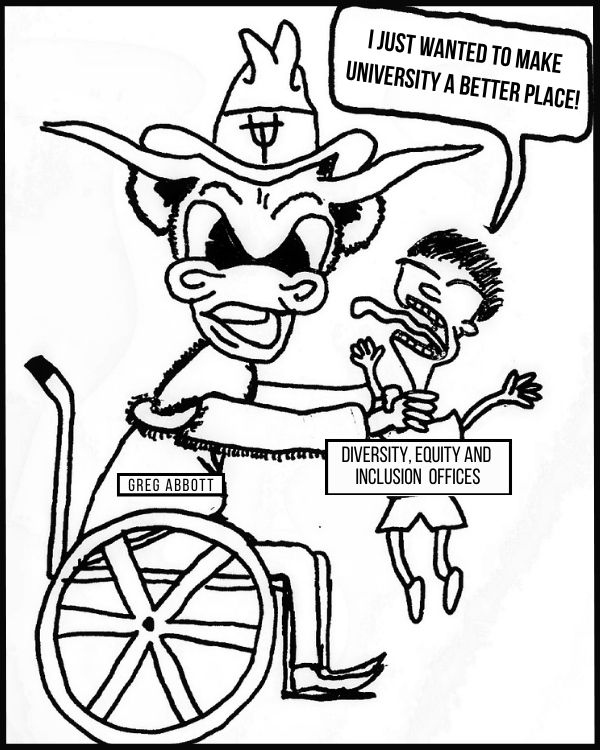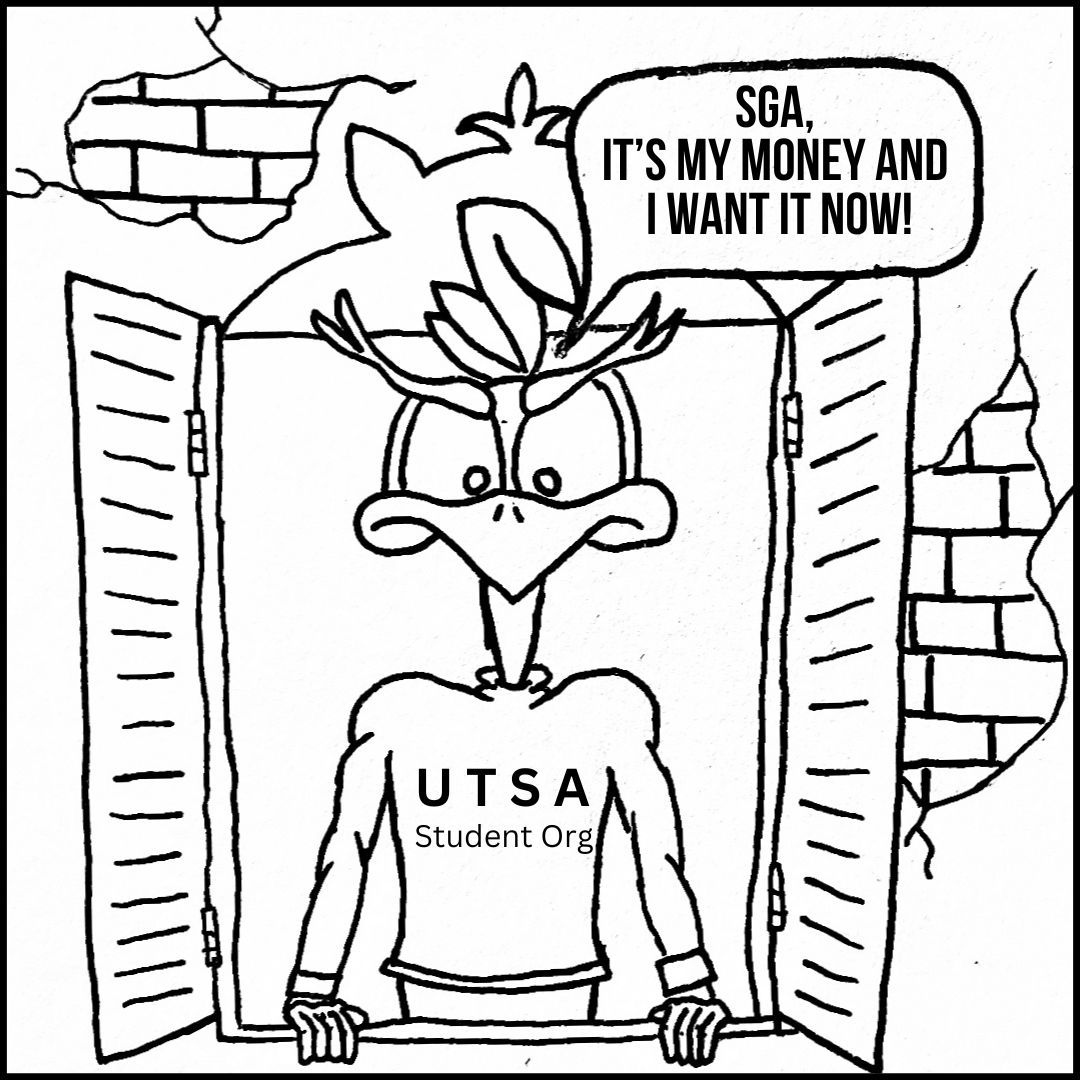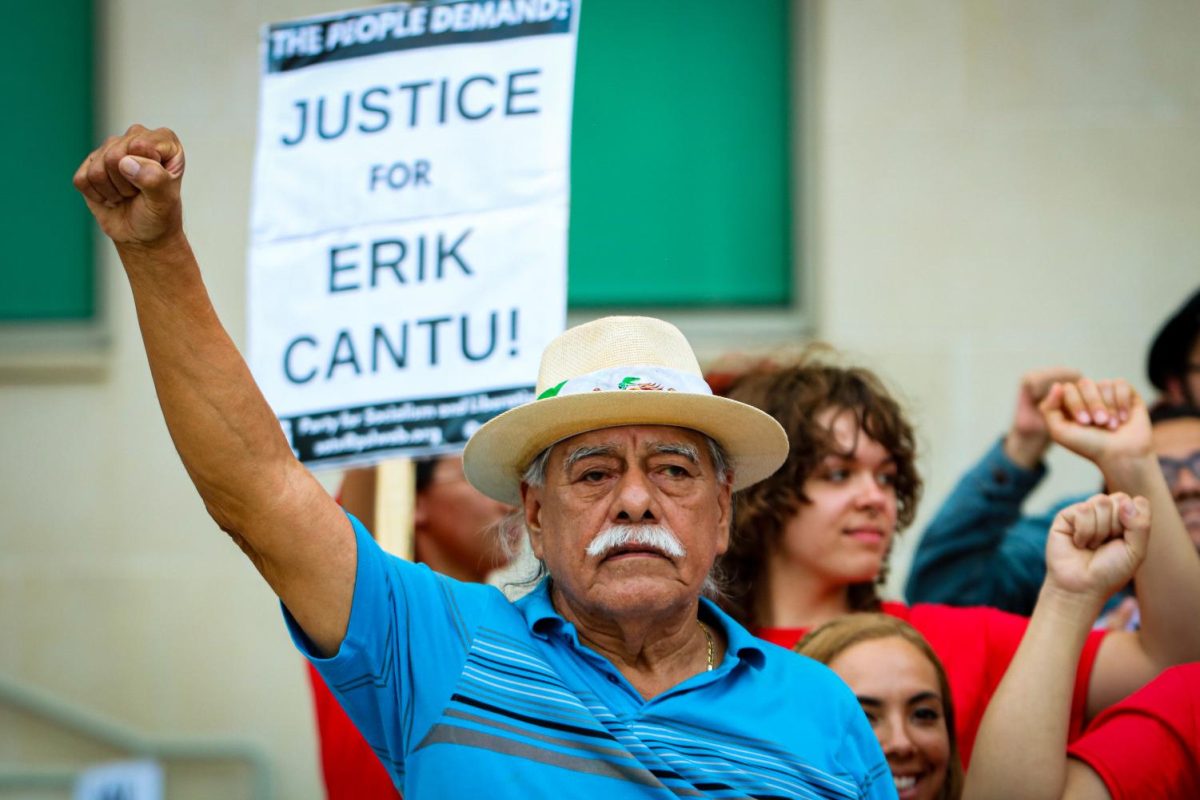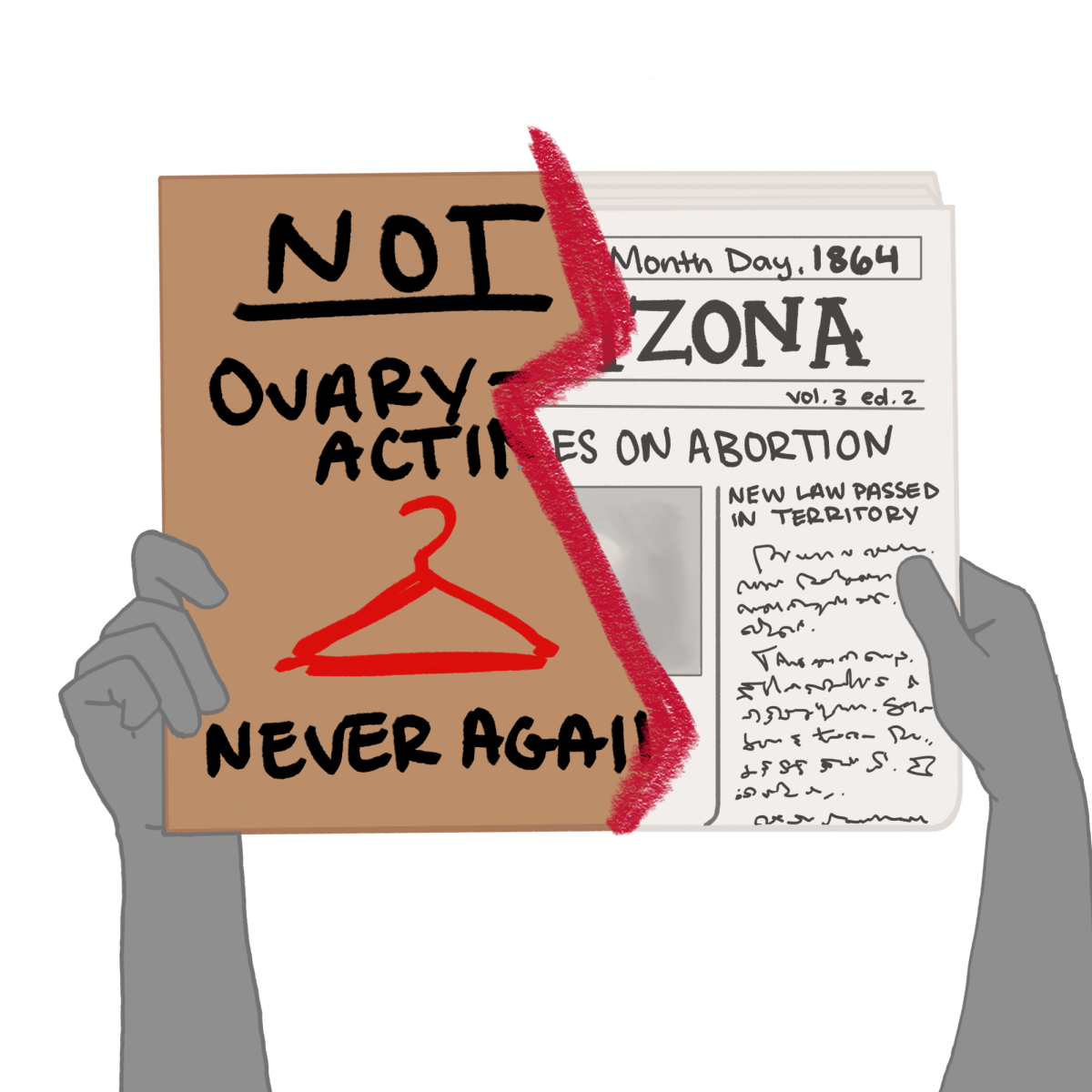News about the Ebola virus saturates American media daily.
Ebola is an occasionally fatal virus that kills on average 50 percent of those infected, according to the World Health Organization (WHO). The disease is difficult to catch as it is transmitted through bodily fluids; however, fear of Ebola seems to be airborne, traveling as quickly as it takes a person to send a tweet.
This fear of the disease undoubtedly has the attention of the American public. After the first reported case in Dallas, the Centers for Disease Control and Prevention (CDC) received hundreds of phone calls from concerned citizens reporting possible symptoms.
Ebola, however, is not new. The first known cases were reported in the Democratic Republic of Congo in 1976. While the U.S. has only seen one Ebola death ever, over 4,000 Ebola related deaths have been reported this year in multiple West African countries.
Some politicians, such as Texas Gov. Rick Perry, have argued for travel bans on African countries reporting cases of the disease. While Perry’s attitude toward foreign intervention might be isolationist when it comes to health care, he had a strikingly different tone when he traveled to England last week and argued that the U.S. intervene heavily in the Middle East.
It seems that among some policy makers, foreign intervention should only be taken when the intent is to take lives, rather than save them.
While the cost of treating Ebola is undoubtedly an issue — Bloomberg news reported that treatment costs $20,000 per day — the U.S. recently launched 50 missiles at ISIS targets in Syria, each of which cost $1.5 million.
Military spending incurs more costs than any other government spending.
In fact, U.S. spending on Iraq and Afghanistan intervention has totaled $730 billion and $550 billion respectively.
While a soldier in camouflage has long inspired patriotic sentiment, could not an American doctor fighting an international epidemic inspire the same feeling?
Our attitude towards Ebola should be a desire to help, rather than unnecessary paranoia.
Studies show that humans share 99 percent of the same DNA, yet we let differences in language and culture inhibit a sense of camaraderie.
Navarro College, a Texas community college, even went so far as to reject all applicants from Nigeria, which WHO recently confirmed to be Ebola free.
As the world becomes more globalized, it becomes increasingly less practical for the U.S. to isolate. While we already commit to foreign aid, it is simply not enough. Ebola isn’t the only international killer. Diseases such as AIDS and tuberculosis can be reduced with education and preventative care. Not only is it moral to aid countries facing rampant disease, but it is also a necessity when one infected person can traverse continents in a matter of hours.

















